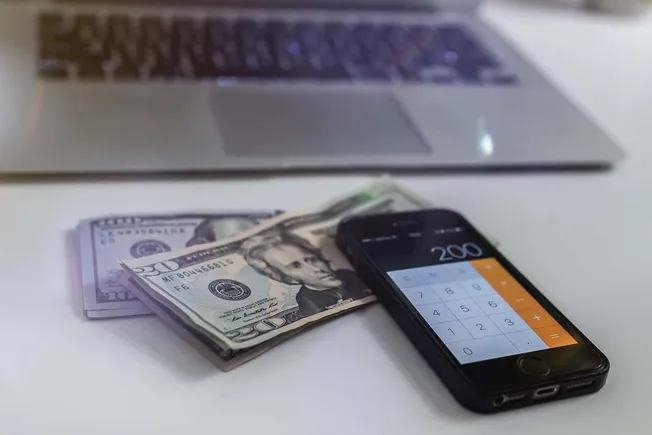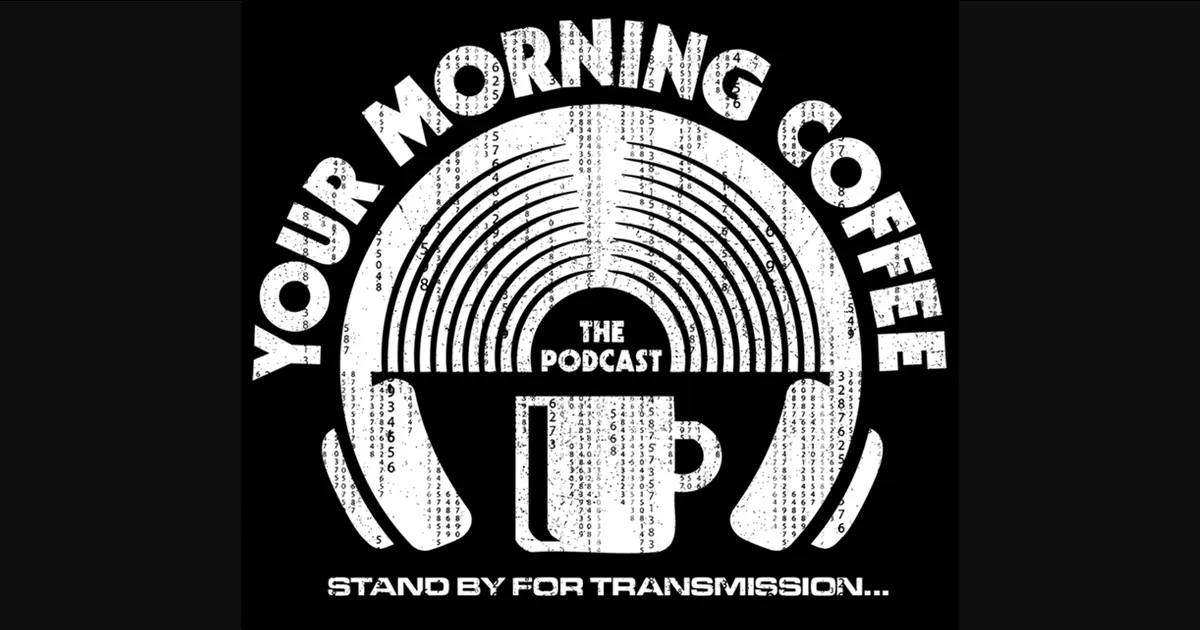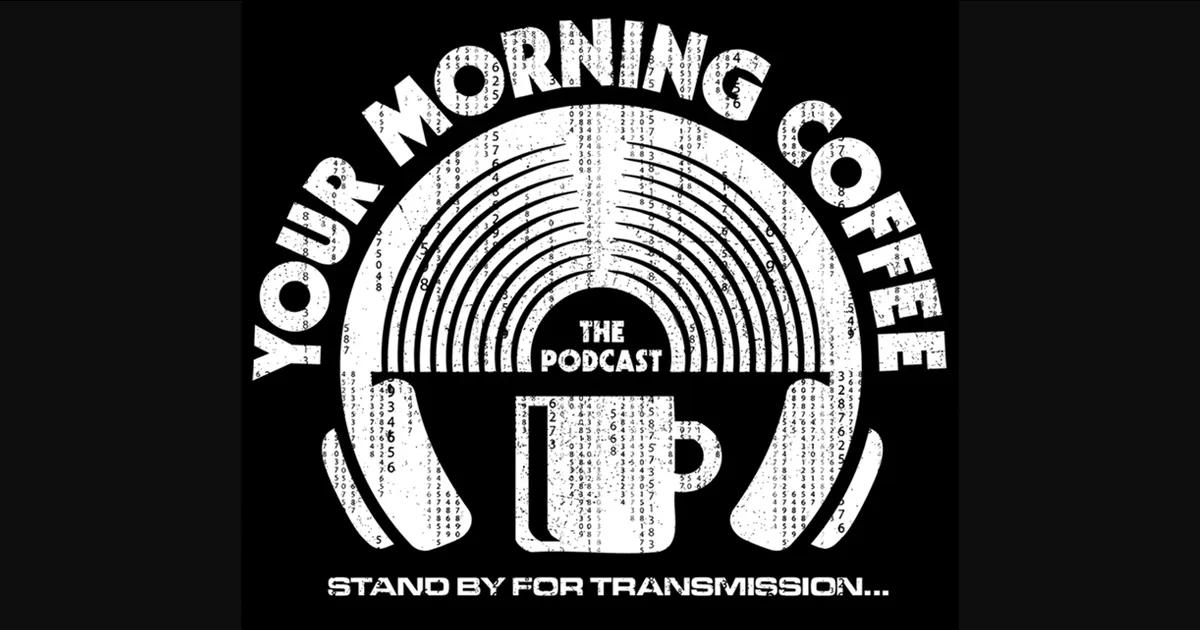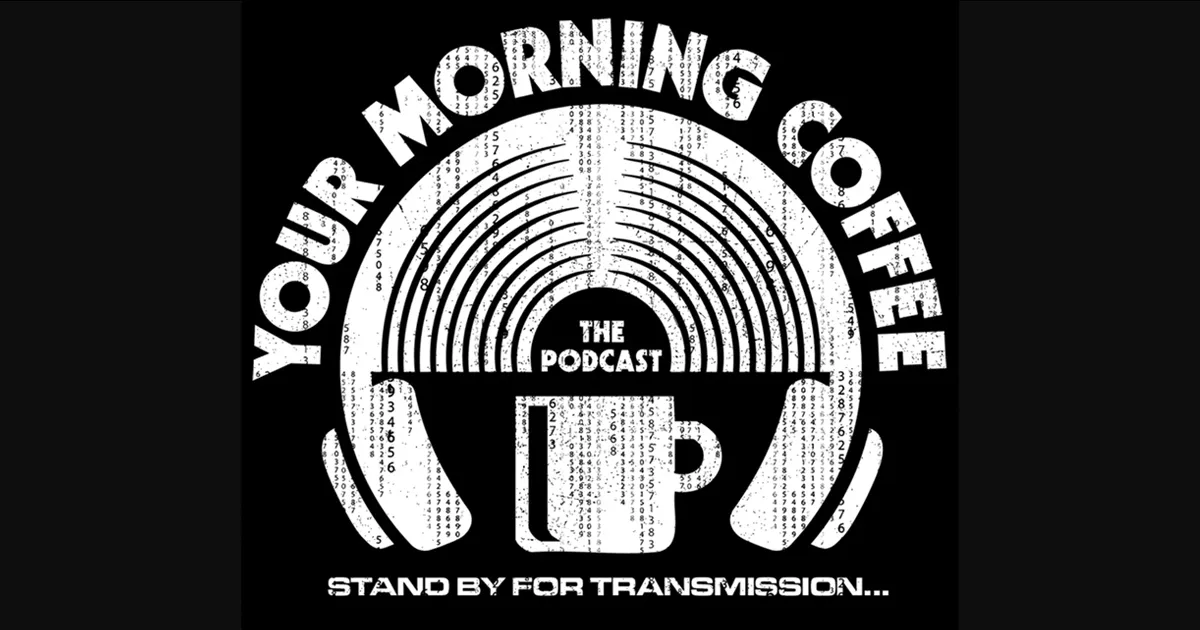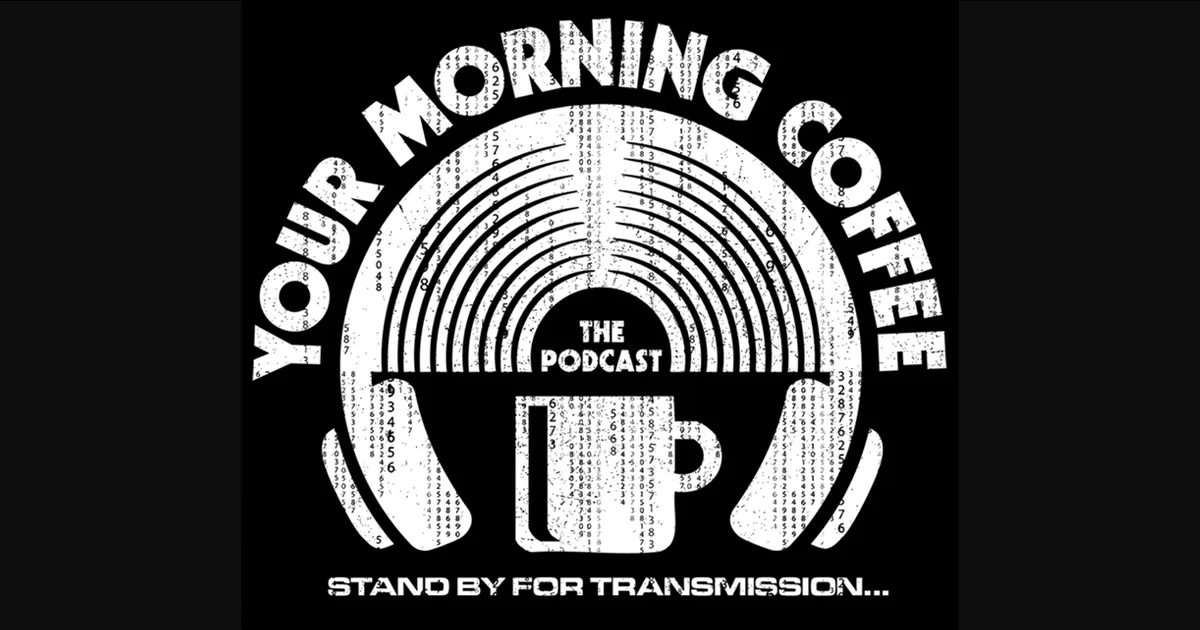Musicians have been hit hard by the effects of the Coronavirus pandemic, but at least some relief is on the way. Here we break down some of what artists can expect to receive following the passage of the CARES Act.
Guest post from Sound Exchange
On March 20th, SoundExchange stood with our partners across the creative industries, calling on Congress to ensure that our community’s unique needs were considered in any legislation providing economic relief to Americans during this national emergency.
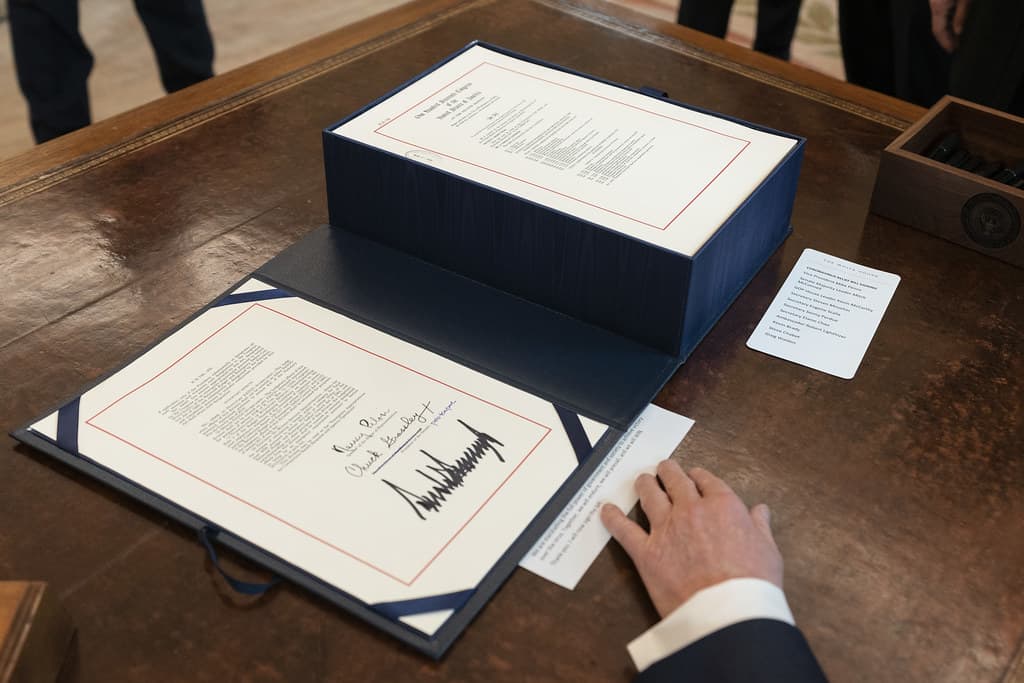
In these trying times, so many music creators have found innovative ways to share live performances from their own homes, continuing to bring the comfort and power of music to their fans in a time of great need. It is critical that our lawmakers are reminded that even as artists provide a source of light to others, they’re are hurting too. Music creators have families to support, groceries to buy, rent and mortgages to pay, just like all Americans. Our advocacy team carries this important message to federal lawmakers every day in Washington, DC, but this week it was more important than ever.
Congress has now passed the Coronavirus Aid, Relief, and Economic Security – the CARES Act, and we are relieved to report that they took our concerns into account. Much of the relief available under this new law includes expanded eligibility criteria that will encompass the breadth of employment and business models in our industry.
1. Individual Cash Rebates
All U.S. residents with adjusted gross income up to $75,000 for individuals and $150,000 for joint filers, who are not a dependent of another taxpayer and have a valid social security number, are eligible for a $1,200 ($2,400 joint filer) rebate. These same standards apply to additional benefits of $500 per dependent child. Generally, the taxpayer does not need to take any action to receive the rebate. The rebate amount is phased out gradually for single filers with incomes up to $99,000, and for joint filers up to $198,000, with further adjustments for filers with children.
For more information on rebates, visit https://www.irs.gov/coronavirus.
2. Unemployment Insurance
The CARES Act includes increased and expanded unemployment insurance (UI).
- Self-employed individuals and gig-workers, independent contractors, those who quit or temporarily left their job as a result of the virus, and those who employer is forced to close due the virus are all eligible for UI.
- The federal government will provide an extra $600 per week on top of the normal benefit provided by your state and extend benefits for an additional 13 weeks.
We encourage eligible members to promptly apply for UI benefits. UI is administered by states and state-provided benefits vary. Find your state guidelines and process for filing for UI here.
3. Self-Employed/Small Business Relief
Paycheck Protect Program
The CARES Act creates the new Paycheck Protection Program (PPP), a $349 billion Small Business Administration (SBA) lending program intended to alleviate disruption to individuals and small businesses caused by the coronavirus.
Importantly, small businesses, sole-proprietors, independent contractors, and other self-employed individuals are eligible for relief.
Loans can be for up to 2.5 times your average monthly payroll and loan amounts used toward payroll costs, mortgage interest, rent, and utilities are eligible for forgiveness.
How to access the PPP:
- Starting April 3, 2020, small businesses and sole proprietors can apply for loans through existing SBA lenders.
- Starting April 10, 2020, independent contractors and self-employed individuals can apply for loans though existing SBA lenders.
- We highly encourage members to seek out an institution with which you have a prior lending relationship, if possible, and inquire about their participation in the PPP. For more information, including participating SBA lenders, visit the SBA.
- In order to apply for a PPP loan, borrowers must have the following:
– Completed PPP Application Form
– Payroll documentation - Applications for PPP loans must be submitted by June 30, 2020 but you should apply as soon possible as funds are limited.
For more information and answers to common questions about to PPP, please see the PPP Information Sheet for Borrowers.
We advise members to reach out to their local bank or credit union to inquire whether they will be part of the PPP. We will continue to post updates to this space as the law is implemented.
Economic Injury Disaster Loans (EIDL)
The CARES Act also modified the SBA’s existing EIDL program to create a $10 billion fund for immediate disaster relief grants. Small businesses, including sole proprietors and contractors, are eligible to apply for an EIDL advance of up to $10,000. The SBA’s EIDL program provides small businesses with working capital loans of up to $2 million that can provide vital economic support to small businesses to help overcome the temporary loss of revenue they are experiencing.
The loan advance will provide economic relief to businesses that are currently experiencing a temporary loss of revenue. Funds will be made available within three days of a successful application, and this loan advance will not have to be repaid.
Members can request the grant after first applying for an EIDL loan.
Under the CARES Act, businesses that apply for or receive an EIDL grant may still apply for the Paycheck Protection Program.

